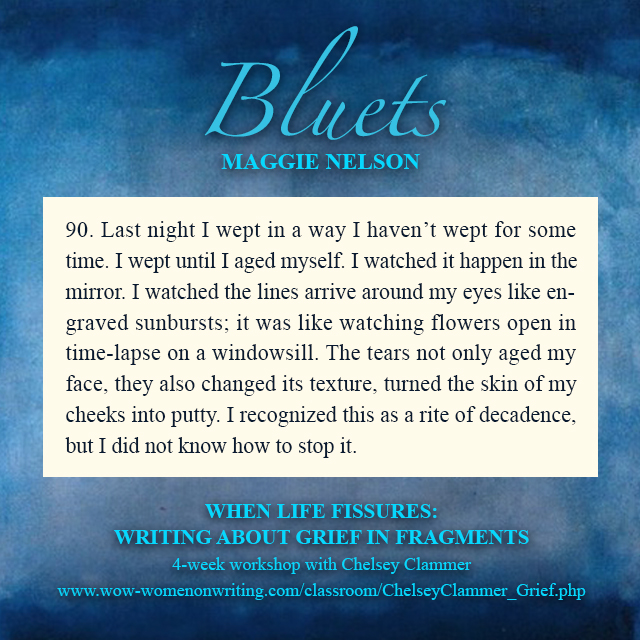I finished the manuscript! Woohoo! Woohoo! *confetti showers*
Read More »
Or maybe I have one more chapter. Still Woohoo!
From the beginning of this novel, I envisioned an epilogue where I’d tie up the very last of the particulars from the story. But somewhere between putting that period on the last sentence of the last chapter and typing the word “Epilogue” I paused. And now I’ve been thinking A LOT about epilogues in general and mine specifically.
First, I’m wondering if the only reason I’m thinking of writing an epilogue is because I’m reading a mystery series where the author always includes an epilogue. I mean, how often does one see an epilogue? Not very often, right? (Unless you, too, are reading this particular series and then you’ll see one at least thirty times.) And the epilogues in this series—and the very few ones I can remember—tend to have a significant time jump. It often covers many months down the road, if not years. And I just want to skip ahead a few weeks. So is that even an epilogue?
And what is an epilogue, anyway? What’s the proper definition? Because it’s sometimes the case with me that I think I know something when in fact, I do not really know it at all.
So according to Merriam-Webster an epilogue is:
1 : a concluding section that rounds out the design of a literary work. 2a : a speech often in verse addressed to the audience…(and other definitions having to do with theater).
Which is all well and good, but it really doesn’t get to the meat of the definition when it comes to novels. Isn’t it fortunate that I’m not the only one asking, “But what does epilogue mean in a book?” And so there is this answer, courtesy of Masterclass, Writing 101:
An epilogue is the final segment of a story and effectively serves as one final chapter. An afterword is a statement on the entire narrative, and it is frequently told from a different perspective and period of time.
Aha!
But wait. That still doesn’t explain when one calls those last concluding bits an epilogue or when one just calls it Chapter 29. (Plus, now I’m wondering about the whole afterword thing, which I’ve always found somewhat confusing and assumed it was a British convention. Like calling the trunk of an automobile a boot.)
And so I continued my research into the epilogue but short of reading reams of stuff (and who has time for that? I’ve got a novel to finish!), I happily came across Jerry Jenkins (author of Left Behind series, has sold a gazillion books) who had a rather succinct section on the epilogue and what goes in it. In a nutshell, here’s what he had to say:
The most important aspect of a good Epilogue is its purpose. It should either show the reader what happens to your main character after the story ends or it should pave the way for a sequel or even a series.
Well, there you go. Sort of.
To sum up, I’m absolutely certain that when it comes to the epilogue, it must come at the end of the story. And why to have one or what goes in it is…well, a little less certain. But not for me. I know exactly what’s going in my epilogue! *throws confetti*
(But just out of curiosity, where do you stand on the epilogue? Good, bad, or indifferent?)















